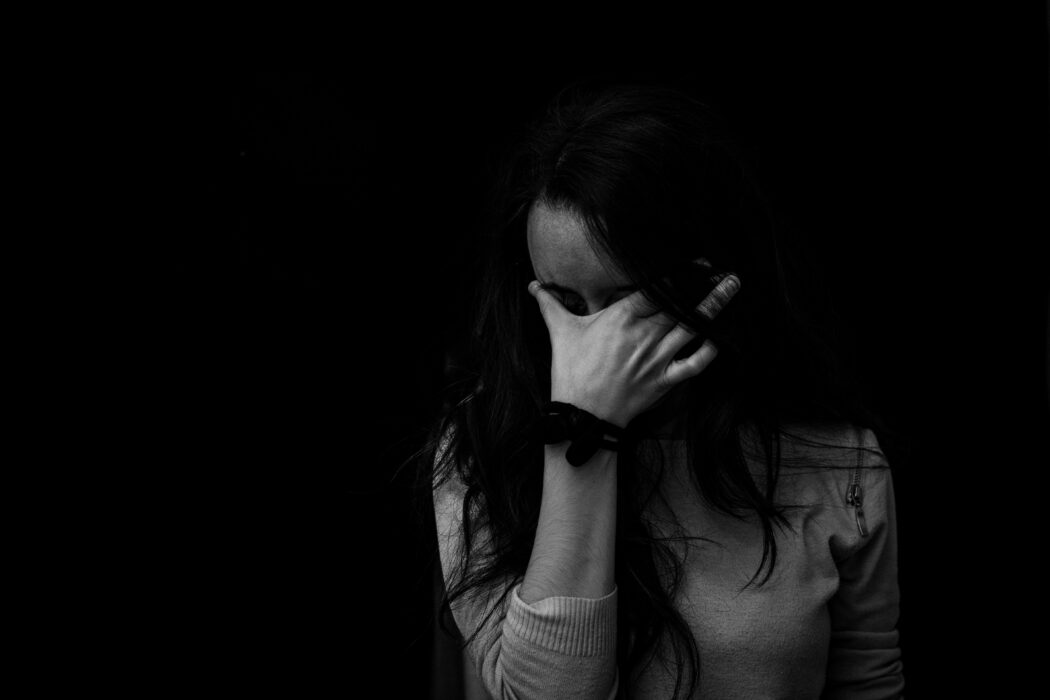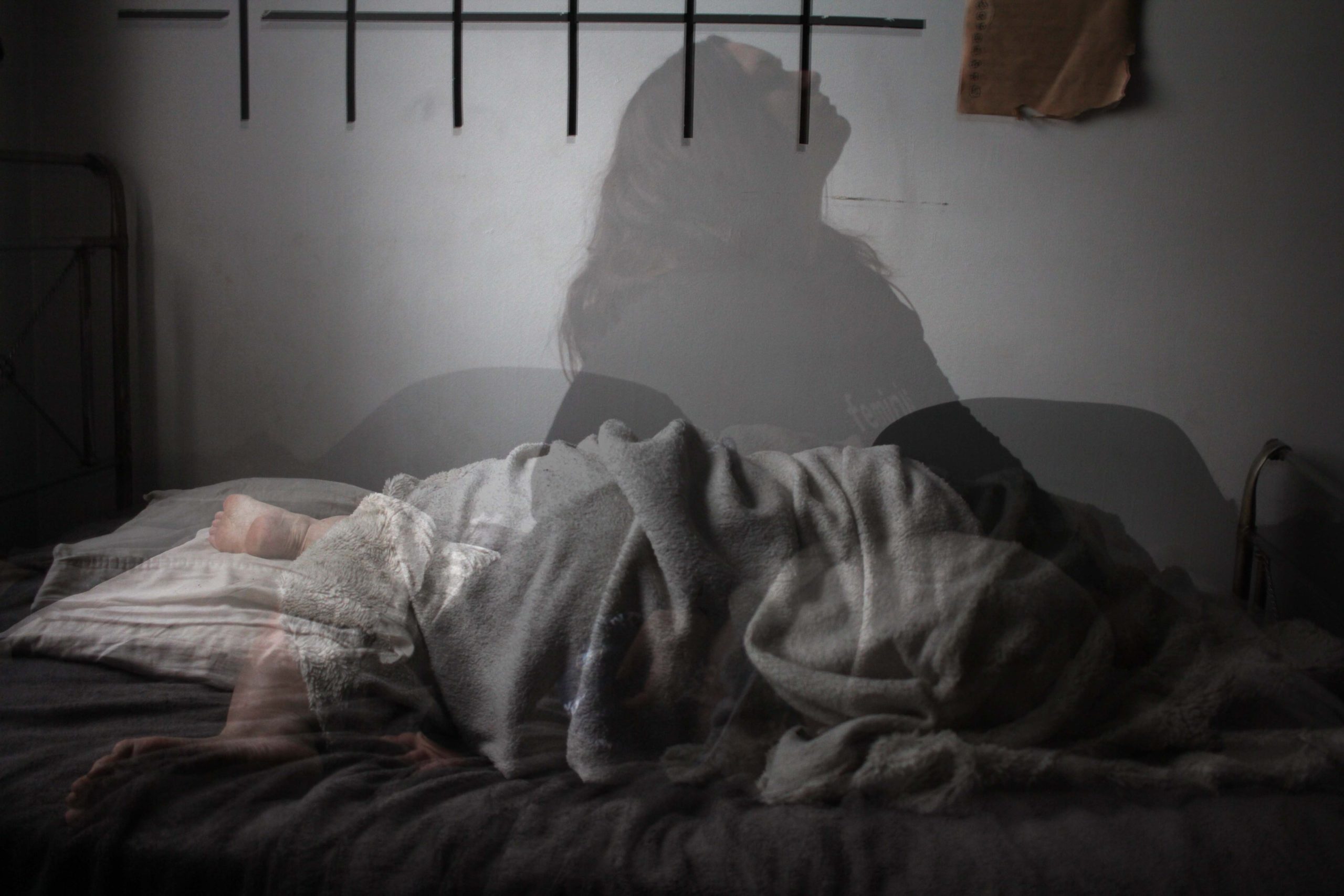Throughout the Christmas and New Year period, we are inundated with holiday romance movies, overwhelming social calendars and expectations to look and feel, “Merry and bright”. But for those who are struggling with their mental health, affected by the wrath of seasonal depression, it can feel like anything, but, “The most wonderful time of the year”.
Traditionally, a time for eating, drinking and being merry, the festive season can come with a foreboding presupposition for those struggling with a mental health concern or personal crisis.
When everyone around seems to be in the festive spirit, seasonal depression can make the holidays particularly overwhelming, feeling like a period that needs to be survived rather than thrived.
 The holidays have long been associated with seasonal depression, reporting a 40% increase of suicide in the days following Christmas. In accordance with a survey from YouGov, a quarter of people say that Christmas makes their mental health worse, with an additional survey from the Mental Health Foundation, sharing that 54% of people are worried about the mental health of someone they know at Christmas.
The holidays have long been associated with seasonal depression, reporting a 40% increase of suicide in the days following Christmas. In accordance with a survey from YouGov, a quarter of people say that Christmas makes their mental health worse, with an additional survey from the Mental Health Foundation, sharing that 54% of people are worried about the mental health of someone they know at Christmas.

Whether coping with mental illness, COVID separation, grief or holiday burnout, when seasonal depression creeps in, it’s consequential to recognise and prioritise combatting the symptoms this holiday period.
Some signs and symptoms of seasonal depression include:
- Tiredness or low energy
- Loss of interest in activities you used to enjoy
- Changes in appetite or sleeping patterns
- Feelings of immense lows and depressive feeling throughout majority of the day

Estranged relationships, disappointment of the year that has passed, as well as a range of other personal battles, are just some reasons seasonal depression may present itself. This holiday season, prioritising your health is the key to combatting any form of personal exertion.
Let go of preconceived ideas of what you are “expected” to do, instead alter and simplify the season to best suit your circumstance, regardless of what that may be.
COVID Christmas
The uncertainty of COVID-19 has protruded ripple effects, seeping into the festive period, with many Australians spending their second year in a row apart from their loved ones. With travel and border restrictions still in place, not to mention the trepidation of COVID crisis entirely, it would be ignorant to view this holiday period without the present ramifications for the majority of Australians still suffering from the pandemic.
COVID has interrupted and ultimately reshaped this year’s festive period, leaving many feeling unstable in their habitual safety nets of workplace, financial, family or living situations. The first Christmas apart from family, can feel somewhat un-conventional in comparison to the years that have passed. Although it may not feel entirely the same, managing your expectations and mindset, as well as applying a little outside of the box thinking, will go a long way this holiday period.
No two families are the same, and that goes for no two celebrations. If you are separated from loved ones due to restrictions, stay in touch via phone and video call, as well as inventing outside of the box ways to stay connected and show gratitude for the ones you love, even if that is from a far.
Grieving throughout the holiday season
Grieving throughout the holidays will never be easy, as many become unwontedly aware of the absence of a loved one. As the holidays are a time to come together, it can be bittersweet for those who are grieving, often feeling the missing piece of a loved one and burden of loss far greater over the December to January period.
The expectations of a “perfect” season, that come in the form of favourite Christmas movies and sitcoms, celebrations and traditions can bring about reminders for those grieving wherever they turn. When you have lost someone you love, it is normal to have feelings of painful isolation, as well as incompleteness, grief does not disappear overnight in account of it being the holidays.

Healing is not an overnight process and taking the festive period at your own pace and dynamic is essential.If you are grieving this festive season, recognise the feelings as they pass, and importantly stay present with all that you love. It’s essential to express your emotions as a healthy mechanism and substantial influence in the healing process, this includes talking and crying it out, with those you trust or an experienced psychologist.
Expression, as well as placing emphasis on feeling grateful for anything positive present in your life, will offer alleviation from the heavy emotions associated with grief and tragedy.
Another strategy when processing grief, is to focus and become aware of the time you do spend with other family members and ones you love. Utilise, as well as cherish those valuable moments, as grieving can help to reminded us how precious our time is.
Reminded of the fragility of life as whole, being present, as well as see beauty in the small and rare moments spent with the ones we love can be utilised in time spent with family and friends throughout the holiday season.
Money and Financial Pressure during the Holidays
The festive season can come at the cost of your wallet and bank account. From presents, celebrations and a little too much cause for celebration, the December to January period can often feel like a year’s worth of spending. This financial whirlwind, however, can be combatted with a little strategic plan and preparation.
Identify what is causing your financial stresses, and begin to take necessary action to alleviate as much worry as possible this Christmas. Communicating your financial worries to family and friends, is also important throughout the holidays. Not to be mistaken for complaining, suggesting alternatives for gifting such as secret Santa as well as free alternatives when spending time celebrating, will go a long way when budgeting this holidays.
Head to Christmas on a Budget if you’d like more tips and suggestions for financial planning throughout the festive period.
Mental Health throughout the Holidays
Depression is the leading mental health condition treated by general practitioners in Australia. With Beyond Blue reporting a staggering 3 million Australians are living with anxiety or depression. With stress and depression said to arise in approximately 1 in 5 Australians as a direct result of the festive season, it is evident mental health is fragile, and needs to be protected even at the best of times. Seasonal depression or holiday depression can occur due to the added pressure, expectation, and stress of the festive period. Typically characterised by low mood, self-criticism and low self esteem.

Feeling low around Christmas is especially common among people who are unemployed (38%), divorced (35%) or widowed (31%). Anxiety and loneliness are most prevalent among people who are aged from 25 to 34, at between 31% and 40%. People who are out of work also struggle more than other groups: 47% say they’ve felt stressed, 42% depressed and 39% anxious.
Visit https://www.healthdirect.gov.au/symptom-checker/tool/basic-details on advice for when to seek professional help when these feelings arise.
Managing and aiding seasonal depression
Seasonal Depression may leave sufferers wanting to retreat and isolate themselves throughout the whole of the holiday period. However, withdrawing from social activities and situations will often only lead to feelings of disconnection, loneliness and worsening of symptoms of depression.
Connection and belonging are the most important ways to regulate your mental health. Combatting seasonal depression includes reaching out to close friends and loved ones, volunteering, or even simply being kind to strangers. These small strategies are proven to strengthen positive mood and reprogram feeling grateful this holiday period.
 Be aware of personal strategies to combat the season such as staying healthy through eating well, exercise and relaxing when possible. Although it is the season for over-indulging, many find that binge eating or drinking take a toll on their mental and physical health. Moderation is key for surviving the holiday period, when normal routines are interrupted.
Be aware of personal strategies to combat the season such as staying healthy through eating well, exercise and relaxing when possible. Although it is the season for over-indulging, many find that binge eating or drinking take a toll on their mental and physical health. Moderation is key for surviving the holiday period, when normal routines are interrupted.
Although labelled “the most wonderful time of the year”, the festive season, like any other period is improbable to be problem-free. Coping with any form of seasonal depression is best to be approached with realistic expectations. Whatever you or your loved ones are facing or struggling with over the holidays, remember that it is just one season of your story. You can plan and re-coup for the new year, re-writing your narrative, beginning with a new chapter called 2022.
If you or someone
you know is in crisis and needs help now, call triple zero (000)
Lifeline: Provides 24-hour crisis counselling, support groups and suicide prevention services. Call 13 11 14, text on 0477 13 11 14 (12pm to midnight AEST) or chat online.
Beyond Blue: Aims to increase awareness of depression and anxiety and reduce stigma. Call 1300 22 4636, 24 hours/7 days a week, chat online or email.











